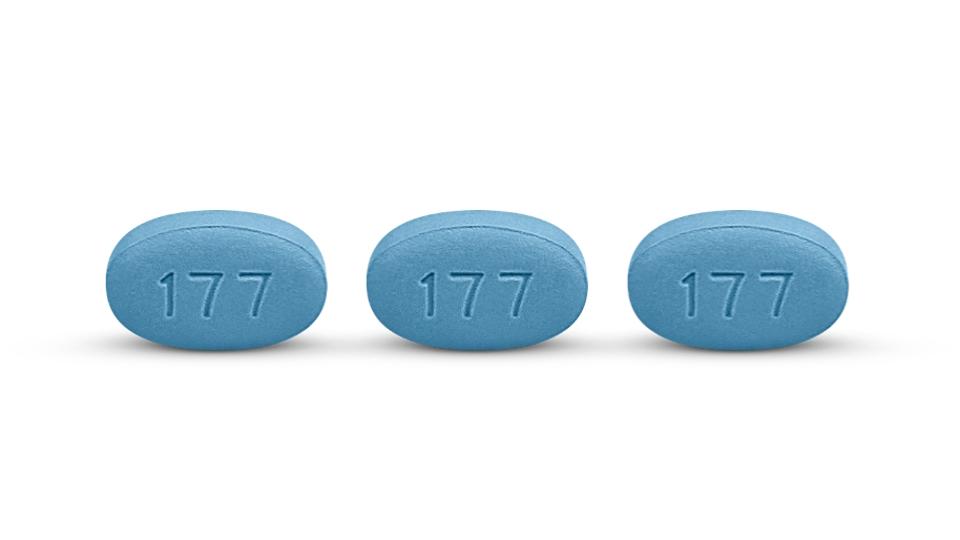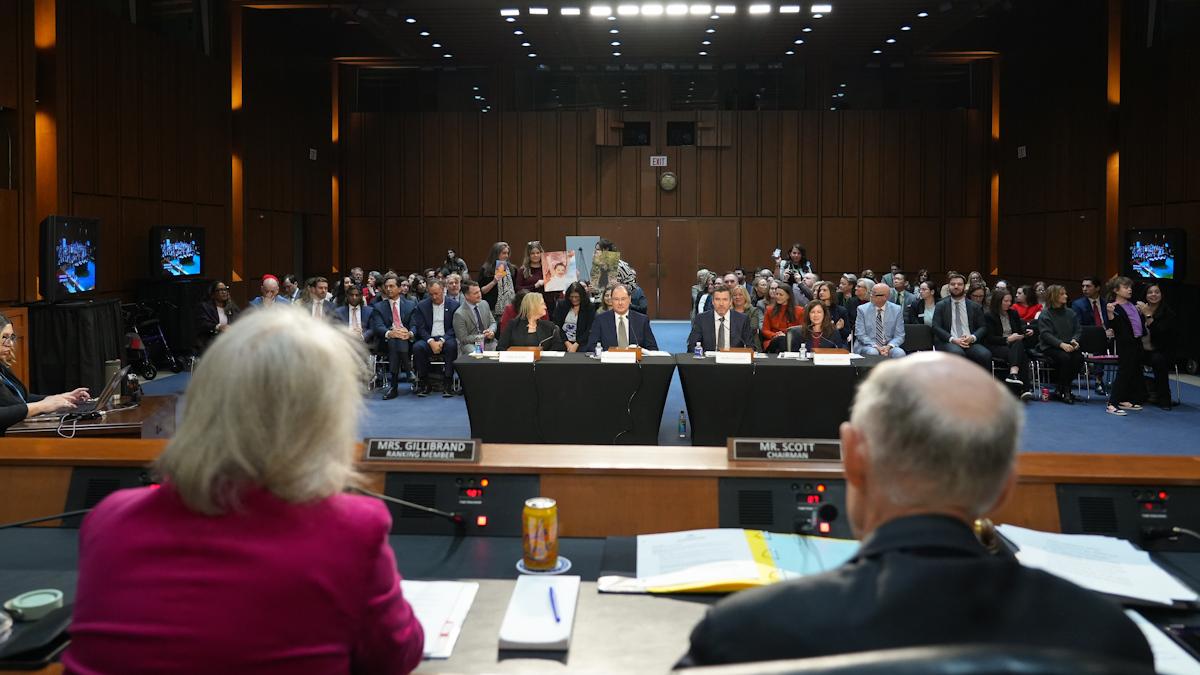NICE clears NHS use of MSD's Welireg for genetic disorder

Patients in England and Wales with a rare genetic disorder will soon be able to access treatment with MSD's Welireg via the NHS, nearly a year after their counterparts in Scotland.
In final draft guidance due to be finalised before the end of the month, Welireg (belzutifan) has been recommended as an option for treating adults with von Hippel-Lindau (VHL) disease, a rare and life-shortening disease that can lead to the development of benign and cancerous tumours and cysts.
Specifically, Welireg becomes an option for VHL-associated renal cell carcinoma (RCC), brain and spinal cord tumours (haemangioblastomas), or pancreatic neuroendocrine tumours (pNETs) when localised treatment like surgery isn't appropriate.
Until now, the only therapies available to patients with VHL have been invasive surgery or radiotherapy, with patients usually requiring multiple surgeries throughout their lives.
There are only about 600 adults in England living with the condition, and around 100 of them could be eligible for treatment with Welireg, with another 50 cases per year thereafter.
The decision comes after NICE withheld a recommendation for the drug last December, saying there were "uncertainties" in the clinical and economic evidence submitted for its appraisal. The SMC in Scotland backed NHS use of the drug in October 2023.
The new NICE recommendation is conditional, meaning that Welireg can be used while more evidence for its efficacy is collected, according to Helen Knight, director of medicines evaluation at NICE. It comes after NHS England reached a commercial access deal with the manufacturer.
The appraisal committee heard from patient experts who explained that some people with VHL have a wide variety of debilitating symptoms depending on where the tumours are growing in the body. These include pain, loss of balance and motor skills, loss of vision, breathlessness, coughing, headaches, confusion, severe nausea, and fatigue.
Graham Lovitt, chair of patient advocacy group VHL UK/Ireland, said Welireg has "game-changing potential" and has shown extraordinary results for some patients in trials, including stabilisation of the tumours, reduction in growth, and – in some cases – the eradication of tumours altogether.
"We are delighted by NICE's recommendation of belzutifan […] a significant milestone in the fight against this rare disease," he added. "This decision brings hope to qualifying patients and their families, offering them an alternative treatment option, when others become too high risk."
Welireg (belzutifan), an oral HIF-2 alpha inhibitor, has been approved by the UK drugs regulator the MHRA for VHL since May 2022. MSD acquired it as part of its $2.2 billion takeover of Peloton Therapeutics in 2019.
Despite the rarity of VHL tumours, MSD has blockbuster aspirations for Welireg, and now has a second regulatory approval for the drug in relapsed or refractory advanced RCC, with clinical trials on the go in glioblastoma multiforme, a hard-to-treat form of brain cancer.












